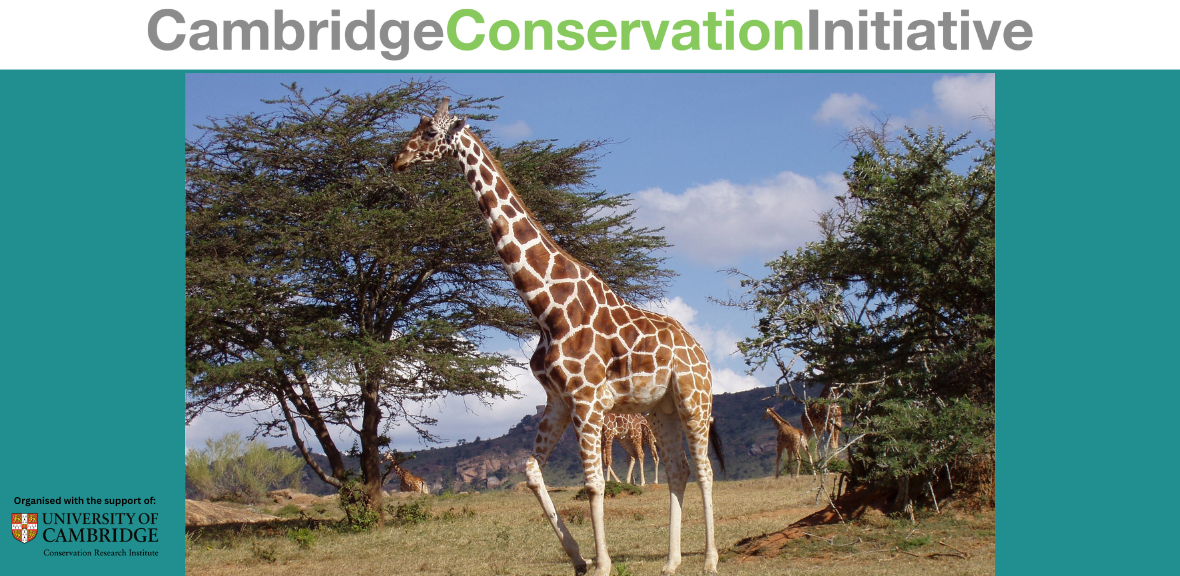
Prof. Paul Lane, Department of Archaeology, University of Cambridge
Integrating deep history into conservation efforts on the African continent: opportunities, challenges and applications.
This paper will outline the rationale for including perspectives based on knowledge of the deep histories of human-environment entanglements on the African continent in approaches to wildlife conservation, illustrating the argument with reference to different case studies. A key argument will be on the need to abandon older binaries that make a sharp distinction between “natural” and “cultural” landscapes and many of the incumbent management approaches that this binary has enabled. While this is not arguing for the wholescale abolition of protected areas, a case will be made for better recognition of the complex interplay and deep histories of the historical ecology of African landscapes, and how these have contributed to the current distribution and composition of biodiversity. Case studies from across the African continent pertinent to elephant conservation, marine ecosystems and African savannas that draw on archaeological and historical insights, alongside indigenous ontologies, will be presented.
Professor Paul Lane is the Jennifer Ward Oppenheimer Professor of the Deep History and Archaeology of Africa at the University of Cambridge. A former President of the Society of Africanist Archaeologists (2008-10) and Director of the British Institute in Eastern Africa (1998-2006), he has over forty years’ research experience in Africa. His interests include landscape historical ecology, the origins of farming and herding in eastern Africa, the archaeology of ivory in Africa, and post-colonial and Indigenous archaeology. He currently directs the Mapping Africa’s Endangered Sites & Monuments project aimed at developing digital sites and monuments registers for sub-Saharan African countries. His current research focuses on developing deep-time landscape historical ecologies of eastern Africa, with a particular emphasis on the continuities and transformations in pastoral systems and material practices in arid and semi-arid parts of northern and north-central Kenya. This includes a trans-disciplinary community archaeology investigation of stone cairns, wells, and settlement in collaboration partners at the national Museums of Kenya and Boran, Gabra and Rendille CBOs.
The seminar will be followed by a wine reception in the adjoining common room.
To register for a Zoom link, please sign up here:
https://forms.office.com/e/VycZduHDfU
Please note that you will receive a Zoom link by email on the day of the seminar.
